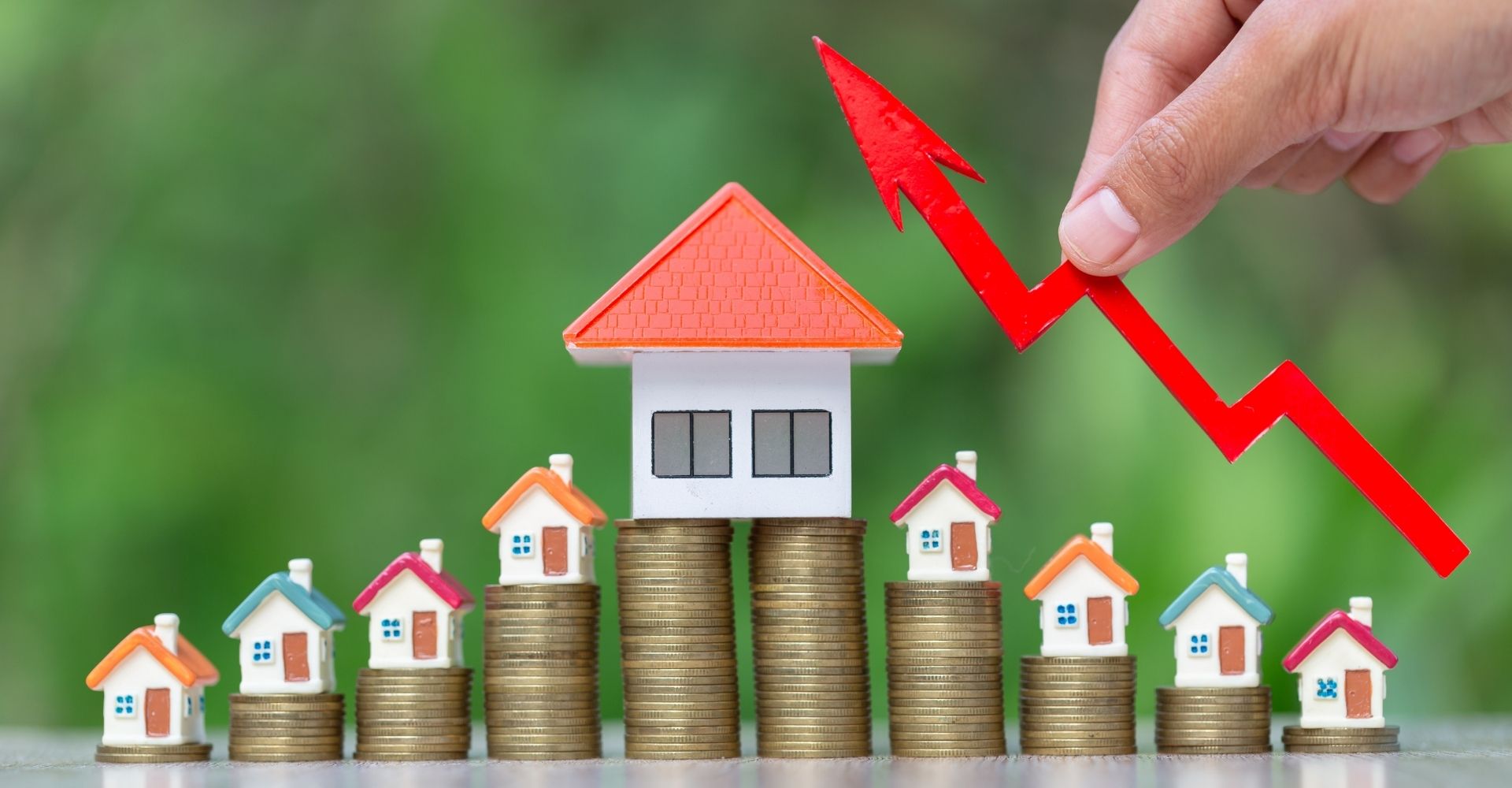
There’s something uniquely fulfilling about having a place to call your own, and this becomes even more meaningful as we age. For homeowners navigating the golden years, a home is much more than just bricks and mortar. It represents stability, financial security, and an opportunity to create a legacy.
This post explores the key benefits of homeownership in later life, from fostering a sense of independence to leveraging your property as a financial resource. Whether you’re contemplating downsizing or exploring financial options like working with a reverse mortgage lender, owning a home can greatly enrich your retirement years.
1. Stability and Peace of Mind
As we grow older, stability becomes a greater priority. Homeownership provides a fixed point in life’s transitions—a haven that allows you to age in place comfortably.
No Rent Hikes
Unlike renting, owning a home ensures you’re not subject to unpredictable rent increases, offering greater financial predictability. Once your mortgage is paid off (if it isn’t already), your monthly housing costs are significantly reduced, giving you more freedom to allocate resources elsewhere.
Familiarity and Comfort
Remaining in your own home as you age means staying in a setting you’re comfortable with. Familiarity breeds happiness, and maintaining ties with your community can strengthen that sense of belonging essential to mental well-being.
2. Building Generational Wealth
One of the most significant advantages of owning a home in later life is the legacy it provides for your family. A home can serve as a tangible asset to pass down through generations.
Appreciating Asset
Real estate tends to appreciate over time, making it one of the most reliable investments you can make. Leaving a home to your children or grandchildren gives them an opportunity to grow their personal wealth or benefit from additional housing security.
Value as a Financial Fall-Back
Should unexpected financial needs arise—be it healthcare or lifestyle needs—you can leverage your home’s equity. Many retirees find that consulting a trusted reverse mortgage lender in Salt Lake City allows them to unlock resources while still remaining in their home.
3. Financial Freedom in Retirement
Owning your home outright or with substantial equity can free you from the high monthly expenses often associated with renting or hefty mortgages, leaving you with better control of your finances during retirement.
Downsizing and Cashing Out
For many retirees, downsizing to a smaller home or moving to a lower-cost area can unlock equity built up from years of ownership. This provides extra capital to fund hobbies, travel, or other lifestyle pursuits during later years.
Reverse Mortgages
Retirees looking to maintain residency while accessing their home’s equity may explore options like reverse mortgages. By converting part of your home’s value into funds, you can supplement your retirement income without needing to sell or relocate. If reverse mortgages intrigue you, be sure to connect with knowledgeable experts, such as a reverse mortgage lender in Salt Lake City, to understand how this tool can work within your financial strategy.
4. Health, Safety, and Independence
A home isn’t just a structure; it’s an extension of your personal needs as you age. Owning a home allows you to design a living environment tailored specifically to your comfort, health, and independence.
Aging in Place
Living in your own home makes it easier to “age in place”—a growing trend among retirees. By making small modifications (like installing handrails or widening doorframes), you can create a residence that evolves alongside your unique needs.
Proximity to Support Networks
Perhaps you live close to family, long-time friends, or a trusted healthcare provider. Remaining in your home enables you to maintain access to these critical supports.
5. Joining a Supportive Community
One often-overlooked benefit of homeownership in later life is how it keeps you connected to a supportive community.
Staying Socially Bound
For many retirees, their neighborhood feels like an extended family. Events like barbecues, block parties, or even casual talks over the fence can help combat social isolation—a factor critical in maintaining mental health.
Community Resources
Owning a home sometimes offers benefits such as access to local senior centers, volunteer groups, or cultural experiences that enrich daily life. You’re never too old to stay connected and engaged with those around you.
6. Personalized Living Spaces
Finally, owning a home means having the freedom to create a living environment that suits your lifestyle and personal tastes—a benefit that becomes even more valuable in later years.
Customization for Comfort
Whether redecorating with cherished family heirlooms or transforming your outdoor space into a gardening haven, homeownership provides the flexibility to personalize your surroundings exactly as you wish.
Maintaining Ownership Pride
Taking pride in maintaining a beautiful home and lawn isn’t just rewarding; it also adds intrinsic value to your everyday life.
Thinking Ahead for Continued Independence
Owning a home in later life opens the door to endless possibilities—from financial freedom to stability and community connection. Nevertheless, ensuring this asset continues working for you requires an understanding of your options.
If health or financial needs arise, consulting professionals like a reverse mortgage lender can give you expert insights on tapping into equity strategically. For some, downsizing or relocating might align better with their dreams and finances. Whatever path you choose, owning your home brings opportunities to live more comfortably, independently, and fearlessly.
